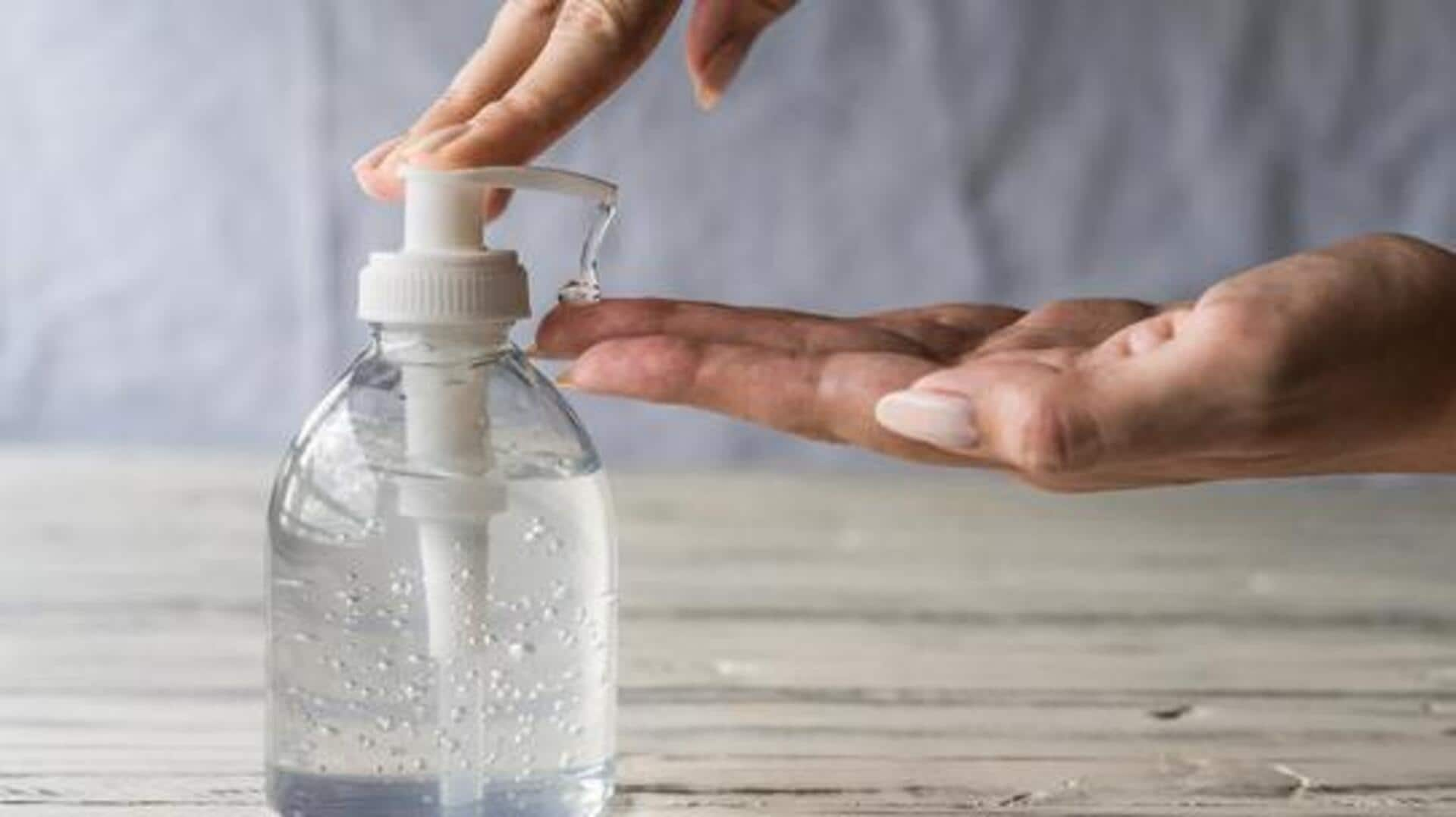
Hand sanitizers: Myth v/s facts
What's the story
Hand sanitizers have become a staple in ensuring hygiene, particularly in public places. However, there are several myths surrounding them which can make sanitization ineffective. Knowing these myths is important to ensure proper hand hygiene and prevent the spread of germs. Here, we debunk some common myths about hand sanitizers, giving you clear insight into what actually works and what doesn't in keeping your hands clean.
Tip 1
Myth: All hand sanitizers are the same
Not all hand sanitizers are created equal. The effectiveness of sanitizer largely depends on its alcohol content. For a sanitizer to be effective against most germs, it should contain at least 60% alcohol. Products with lower alcohol content may not effectively eliminate germs and could give a false sense of security.
Tip 2
Myth: Hand sanitizer is better than soap
While hand sanitizers are convenient, they aren't always better than soap and water. Washing hands with soap and water is more effective at removing certain types of germs, dirt, and chemicals from hands. In cases where hands are visibly dirty or greasy, soap and water should be the preferred choice over hand sanitizer.
Tip 3
Myth: More is always better
Applying too much hand sanitizer doesn't make it more germ-killing. A small amount, appropriately applied by covering all hand surfaces and rubbing until dry, suffices for maximum effectiveness. Overuse may cause skin irritation, without providing additional benefits in killing germs. This ensures that you do the job without risking your skin.
Tip 4
Myth: Hand sanitizer kills all germs instantly
Hand sanitizers don't kill all germs instantly or remove them entirely from your skin. Some pathogens such as norovirus or Clostridium difficile may be resistant to alcohol-based products. It's important to note that while sanitizers significantly reduce the number of microbes on your hands, they do not kill every single germ instantly.
Tip 5
Myth: Homemade sanitizers are just as effective
Although homemade hand sanitizers appear to be an affordable substitute, they often do not have the proper formulation to kill germs. Without proper measurements and ingredients like glycerin to retain moisture, homemade sanitizers can be inefficient or even hazardous, owing to incorrect concentrations or cross-contamination during mixing.